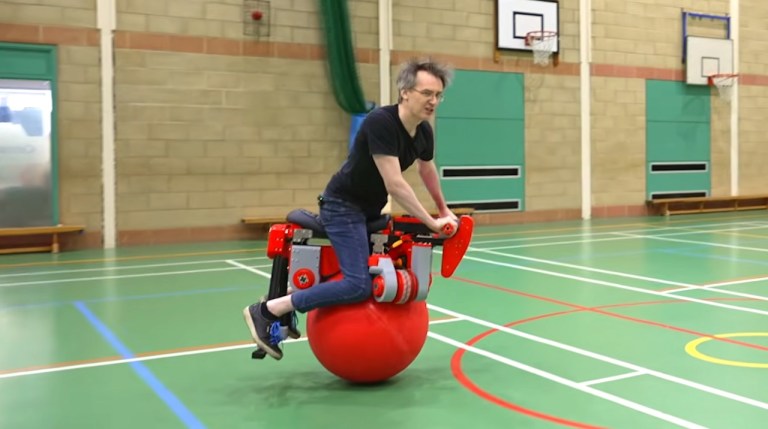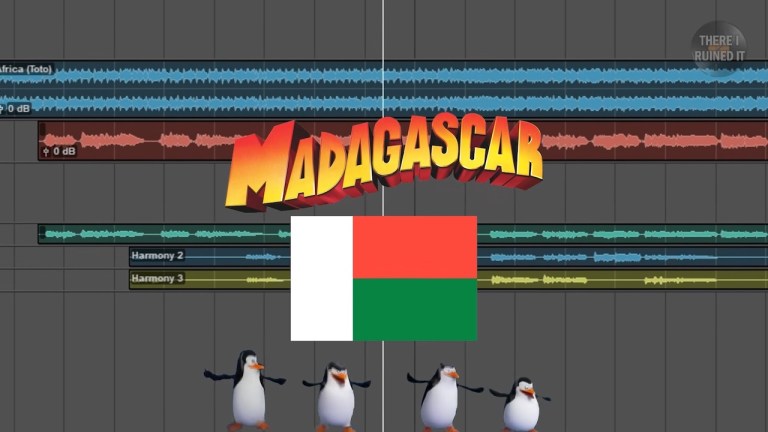How Speed Eating Competitions Affect the Human Digestive System
PBS Nova spoke with physiology experts and competitors to find out what happens to the human body during intense speed eating competitions. It turns out these “athletes” train their stomachs to relax and stretch far beyond that of normal people.
The ability to expand the stomach is likely a combination of innate ability and dedicated training. But it’s similar to somebody who might have a genetic tendency towards sprinting or towards marathoning. They have muscle fiber types that might lend themselves to either races that are intense and short and super fast, or long and steady. However, you can’t get to the elite class of either kind of races without training.
Unfortunately, this type of competition can interfere with digestion and other gastrointestinal functions.
Undigested matter can stay in the gastrointestinal tract for days, disrupting the gut microbiome. …Consuming massive amounts of food in a short period can also cause it to sit in the esophagus as it waits to enter the top part of the stomach. The food piled up can cause vomiting or suffocation. It may also cause longer term harm to the esophagus and the stomach.






